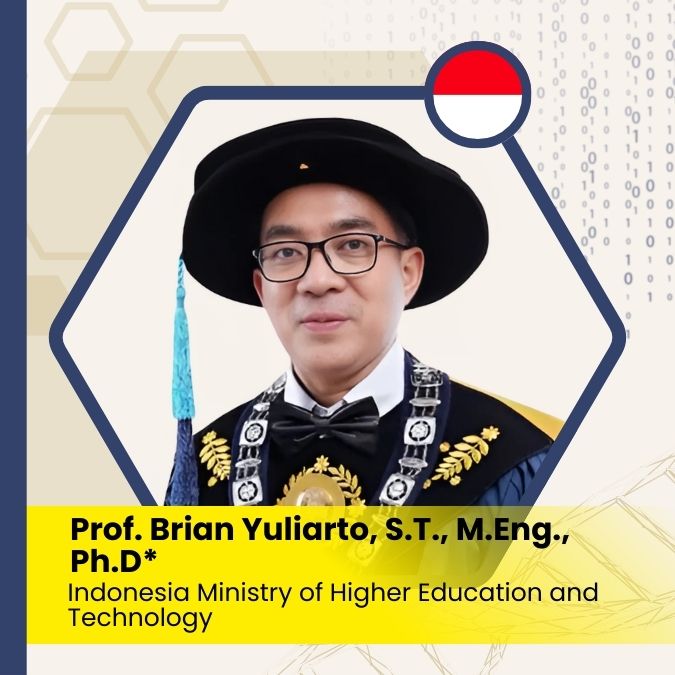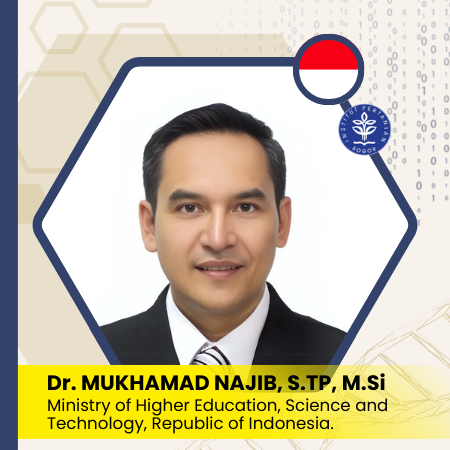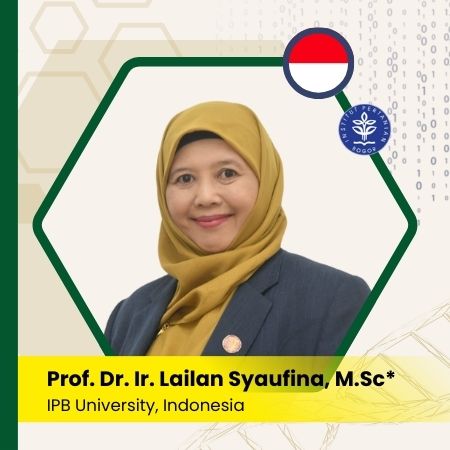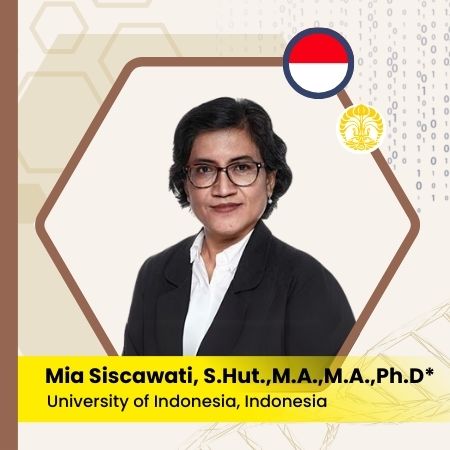Preliminary study of the ability of indigenous fungi from river as an alternative to degrade pesticides
Keywords:
degrade, indigenous fungi, pesticides, mycelium dry weight, clear zoneAbstract
Agriculture uses pesticides as crop protection agents against pests. Nevertheless, the negative effects of pesticide use on the environment, human health and surrounding ecosystems have become a major concern. Especially in agricultural areas, pesticide residues accumulate in river water, affecting the survival of organisms. This study aims to investigate the important role of fungi in overcoming these negative effects, as well as their potential as an alternative to degrade pesticide residues in the agricultural environment. The study used fungi isolated from river water from six points in the Mengaji and Prukut rivers in Banyumas regency, where the rivers are surrounded by rice fields that use pesticides. The potential test of the fungi was conducted by inoculating native fungi from the river on PDA (Potato Dextrose Agar) - chlorpyrifos medium, measuring the dry weight of the mycelium, mycelium diameter of the fungi growing on the medium and conducting a clear zone test to measure the potential of the fungi in degrading pesticides. 34 indigenous fungal isolates from Mengaji River and Prukut, Banyumas Regency were tested for their potential. Diameters ranged from 1.00-5.59 cm with the largest mycelium dry weight up to 3.33 g. 11 isolates that have the ability to degrade pesticides are shown to produce clear zones, including I12, 121, I24, and I25. The genus of the four best isolates in degrading pesticides based on macroscopic and microscopic identification are Trichoderma sp., Geotrichum sp., Pennicillium spp. This study also measured the condition of environmental parameters (Current speed, Temperature, pH, O2) at 9 river water collection points that affect the diversity of fungi that can live.This preliminary study shows the great potential of fungi in the next generation to be utilized as agricultural technology without pesticide waste.






























